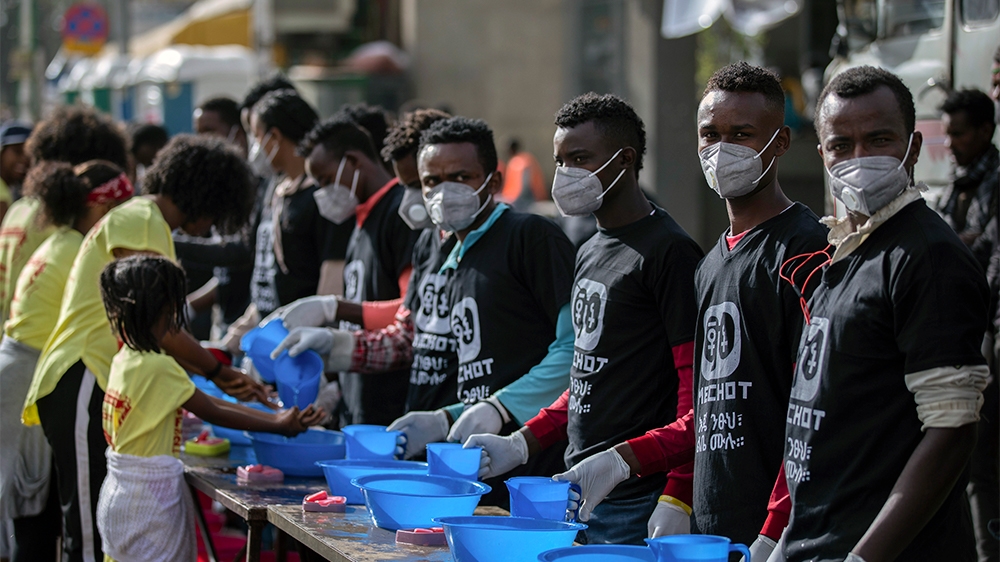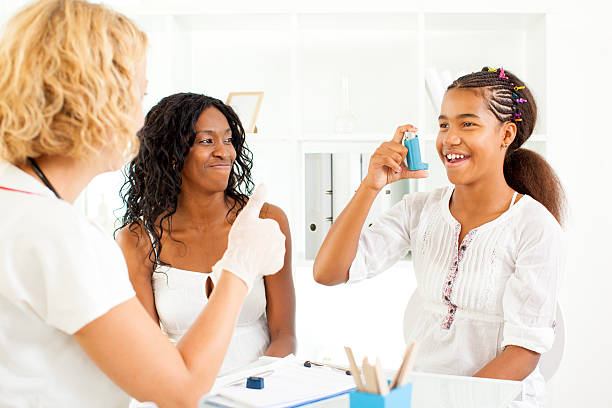
The word pandemic, as defined by Dictionary.com means, “a disease prevalent throughout an entire country, continent, or the whole world.” COVID-19 is by definition a worldwide pandemic. This means that, in order for it to be truly controlled, most of the countries in the world must achieve some level of herd immunity. Wealthy countries like the United States have large vaccine supplies. The argument here is more about safety and misinformation than access to vaccines. But, what about the rest of the world? Specifically, what about countries in Africa and the Caribbean that are predominantly Black and, sometimes, poor? The short answer is not very well.
Outside of a few notable exceptions like Morocco (26.7% population fully vaccinated), South Africa (7.7%), and Tunisia (7.1%), most African countries are less than 2% fully vaccinated. The reasons for the low vaccination rates in African countries are what can be expected when a sudden pandemic hits a nation with poor infrastructure. The numbers are compounded by the fact that the wealthy nations are hoarding and stockpiling doses. For example, the world’s richest countries will have 1.9 BILLION doses more than they need to fully vaccinate their population(s) by the end of August.
Additionally, the surge of the Delta variant in India prompted their government to impose restrictions on delivering the AstraZeneca vaccine through Covax, a global partnership created to deliver free doses to countries that needed them.
The goal was to vaccinate 20% of Africans by the end of the year. Since the restrictions slowed supply, projections have been lowered to approx. 7%. That is only 10% of what is needed to achieve herd immunity.
Recent developments may prove to have an impact on the lack of vaccinations on the continent. The U.S. is investing $200M in an Aspen Pharmacare manufacturing facility in South Africa. Aspen, the largest pharmaceutical company in Africa, produces the J&J vaccine and this investment should allow the company to expand production beyond its current rate of 300M doses per year.
J&J has promised its offering of vaccines on a not-for-profit basis. In December, the company pledged 500M doses to the aforementioned COVAX worldwide relief initiative.
Additionally, Pfizer and BioNTech revealed a manufacturing agreement with the Biovac Institute in South Africa. This should provide more than 100M doses of their vaccine by the beginning of 2022.










